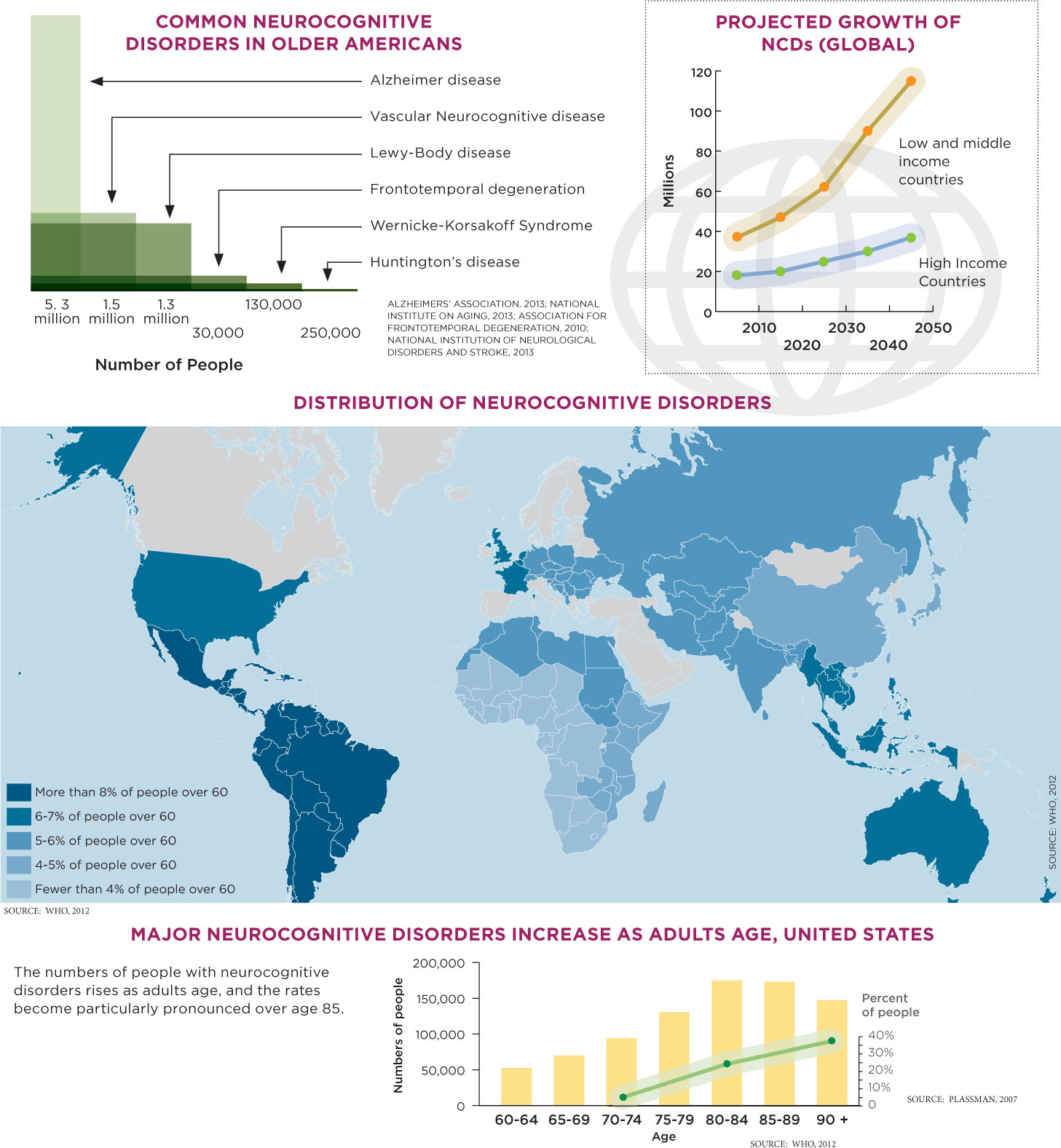 New Cognitive Development
New Cognitive Development
You have learned that most older adults maintain adequate intellectual power. Some losses—
Erikson and Maslow
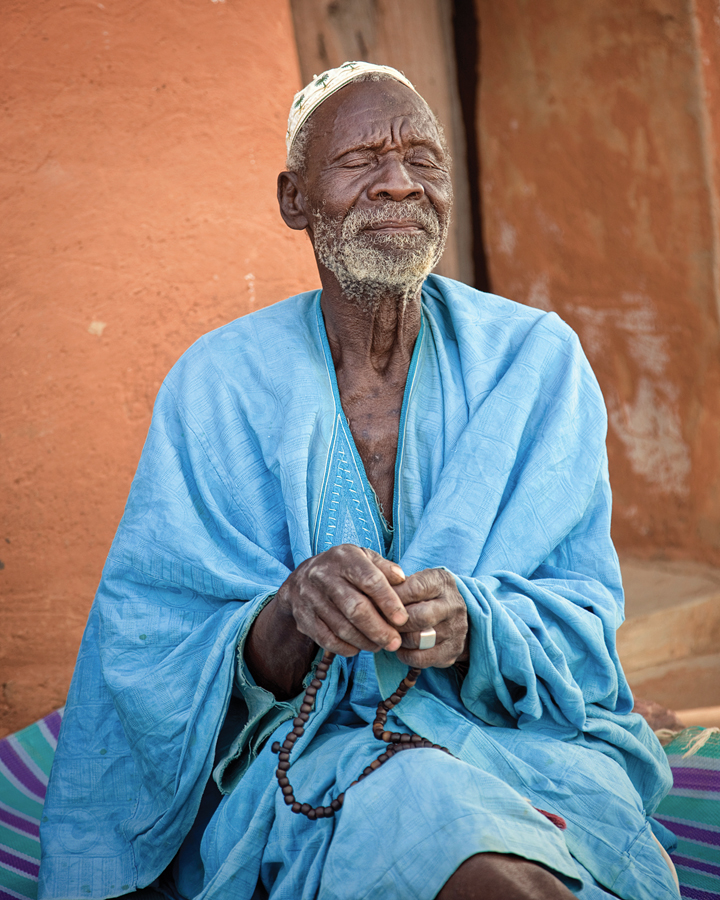
Both Erik Erikson and Abraham Maslow were particularly interested in the elderly, interviewing older people to understand their views. Erikson’s final book, Vital Involvement in Old Age (Erikson et al., 1986), written when he was in his 90s, was based on responses from other 90-
Erikson found that in old age many people gained interest in the arts, in children, and in human experience as a whole. He observed that elders are “social witnesses,” aware of the interdependence of the generations as well as of all of human experience. His eighth stage, integrity versus despair, marks the time when life comes together in a “re-
self-
Maslow maintained that older adults are more likely than younger people to reach what he originally thought was the highest stage of development, self-
The stage of self-
This seems characteristic of many of the elderly. As you read in Chapter 23, studies of centenarians find that they often have a deep spiritual grounding and a surprising sense of humor—
Learning Late in Life
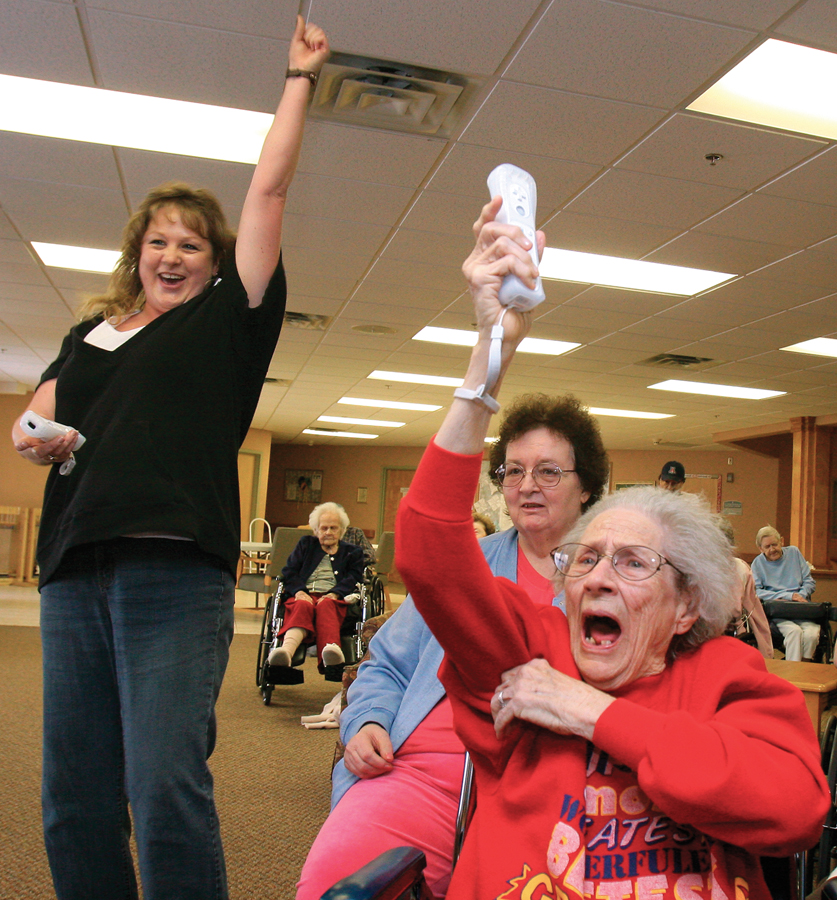
Many people have tried to improve the intellectual abilities of older adults by teaching or training them in various tasks (Lustig et al., 2009; Stine-
Another group of researchers (Basak et al., 2008) targeted control processes. Volunteers with an average age of 69 and no signs of any cognitive disorder were divided into an experimental group and a control group. Everyone took a battery of cognitive tests to measure executive function. None were video-
The experimental group was taught to play a video game that was preset to begin at the easiest level. After each round, they were told their score, and another round began—
Similar results have been found in many nations in which elders have been taught a specific skill. As a result, almost all researchers have accepted the conclusion that people younger than 80 can advance in cognition if the educational process is carefully targeted to their motivation and ability.

For instance, in one study in southern Europe people who were cognitively intact but were living in senior residences were taught memory strategies and attended motivational discussions to help them understand why and how memory was important for daily functioning. Their memory improved compared to a control group, and the improvements were still evident 6 months later (Vranica et al., 2013).
What about the oldest-
Let’s return to the question of cognitive gains in late adulthood. In many nations, education programs have been created for the old, called Universities for the Third Age in Europe and Australia, and Exploritas (formerly Elderhostel) in the United States. Classes for seniors must take into account the range of needs and motivations: Some want intellectually challenging courses and others want practical skills (Villar & Celdrán, 2012). All the research finds that, when motivated, older adults can learn.
Observation Quiz Which is more likely to advance Martha’s thinking, the walrus tusk or Maryann Mendernhal (left), who shot the animal?
Answer to Observation Quiz: Most likely meeting a native grandmother, not holding the tusk, will prompt her thinking. Human relationships are particularly important for many older adults.
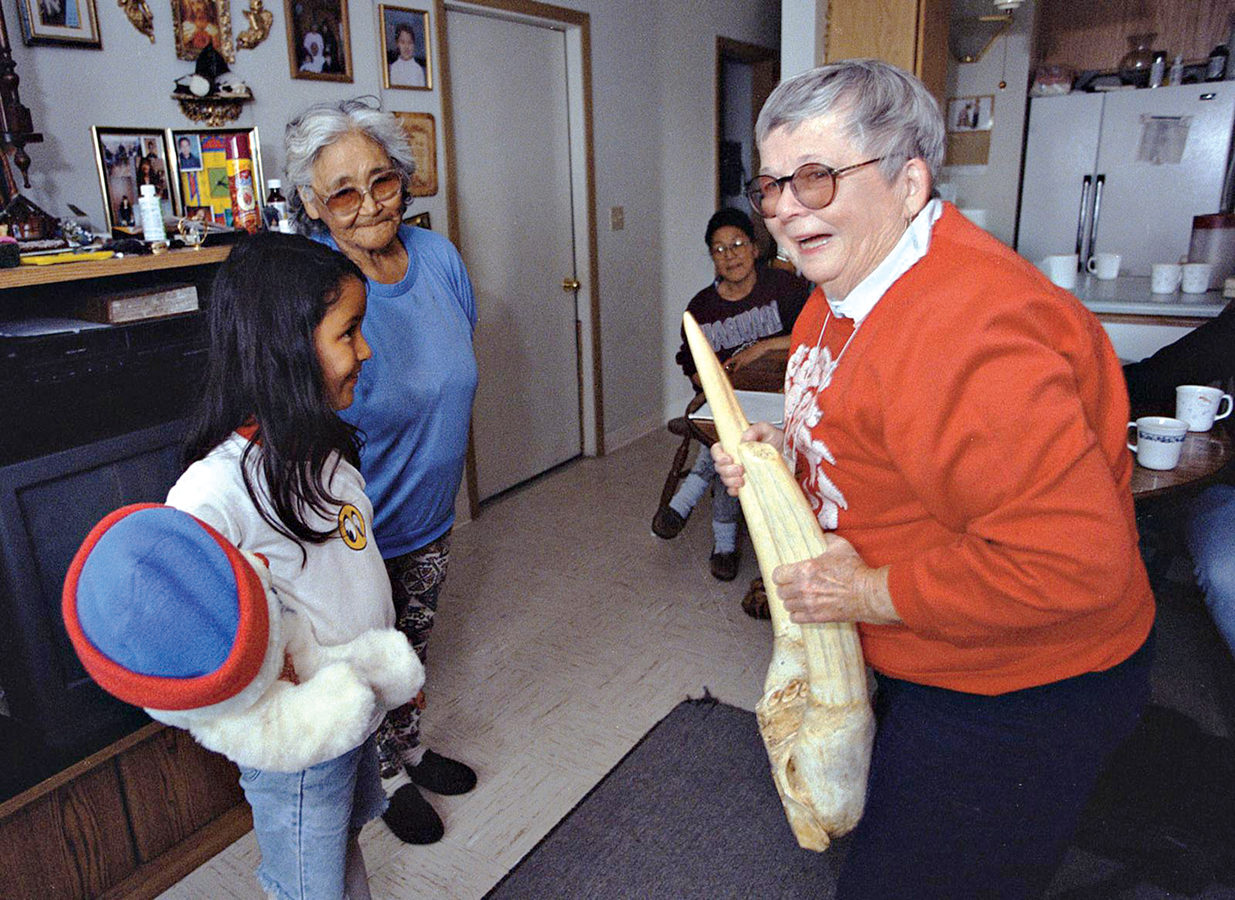
Aesthetic Sense and Creativity
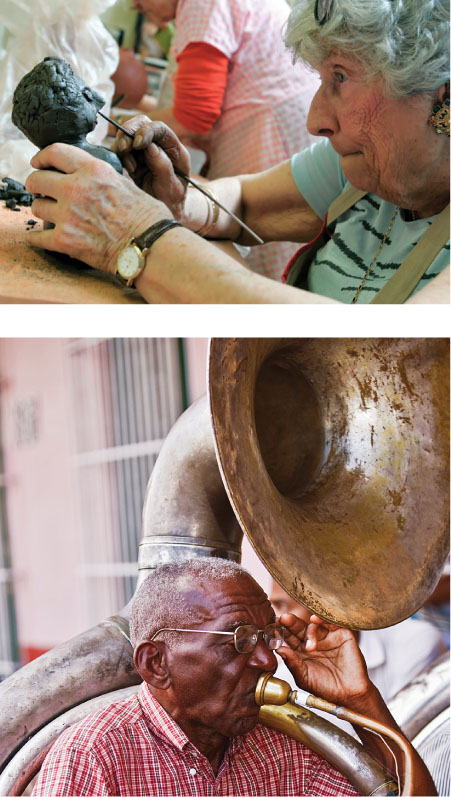
© RODRIGO TORRES/GLOWIMAGES/CORBIS
Robert Butler was a geriatrician responsible for popularizing the study of aging in the United States. He coined the word ageism, and wrote a book, Why Survive: Being Old in America, first published in 1975. Partly because his grandparents were crucial in his life, Butler understood that society needs to recognize the potential of the elderly.
Butler explained that “old age can be a time of emotional sensory awareness and enjoyment” (Butler et al., 1998, p. 65). For example, some of the elderly take up gardening, bird watching, sculpting, painting, or making music, even if they have never done so before.
Elderly Artists
A well-
Four years later, three of her paintings, displayed in a local drugstore, caught the eye of a New York City art dealer who happened to be driving through town. He bought them, drove to her house, and bought 15 more.
The following year, at age 80, “Grandma Moses” had a one-
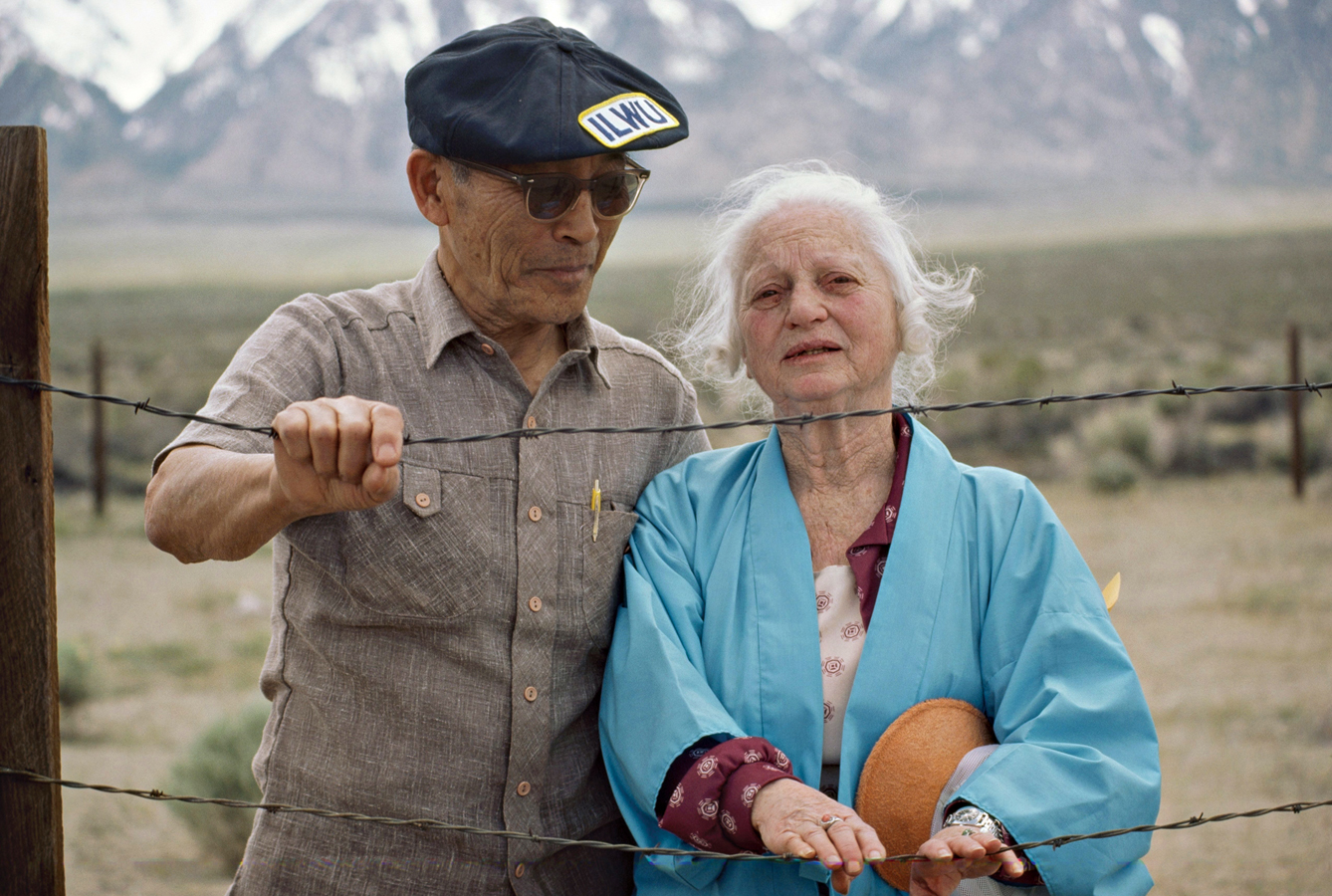
Other well-
In a study of extraordinarily creative people, almost none felt that their ability, their goals, or the quality of their work had been much impaired by age. The leader of that study observed, “In their seventies, eighties, and nineties, they may lack the fiery ambition of earlier years, but they are just as focused, efficient, and committed as before … perhaps more so” (Csikszentmihalyi, 1996, p. 503). But an older artist does not need to be extraordinarily talented. Some of the elderly learn to play an instrument, and many enjoy singing. In China people gather spontaneously in public parks to sing together. The groups are intergenerational—
Music and singing are often used to reduce anxiety in those who suffer from neurocognitive impairment, because the ability to appreciate music is preserved in the brain when other functions fail (Ueda et al., 2013). Many experts believe that creative activities—
The Life Review
life review An examination of one’s own life and one’s role in the history of human life, engaged in by many elderly people.
In the life review, elders provide an account of their personal journey by writing or telling their story. They want others to know their history, not only their personal experiences but also those of their family, cohort, or ethnic group. According to Robert Butler:
We have been taught that this nostalgia represents living in the past and a preoccupation with self and that it is generally boring, meaningless, and time-
[R. N. Butler et al., 1998, p. 91]
Hundreds of developmentalists, picking up on Butler’s suggestions, have guided elderly people in self-
The result of the life review is almost always quite positive, especially for the person who tells the story. For instance, of 202 elderly people in the Netherlands, half were randomly assigned to a life review process. For them, depression and anxiety were markedly reduced compared to the control group (Korte et al., 2013).
Wisdom
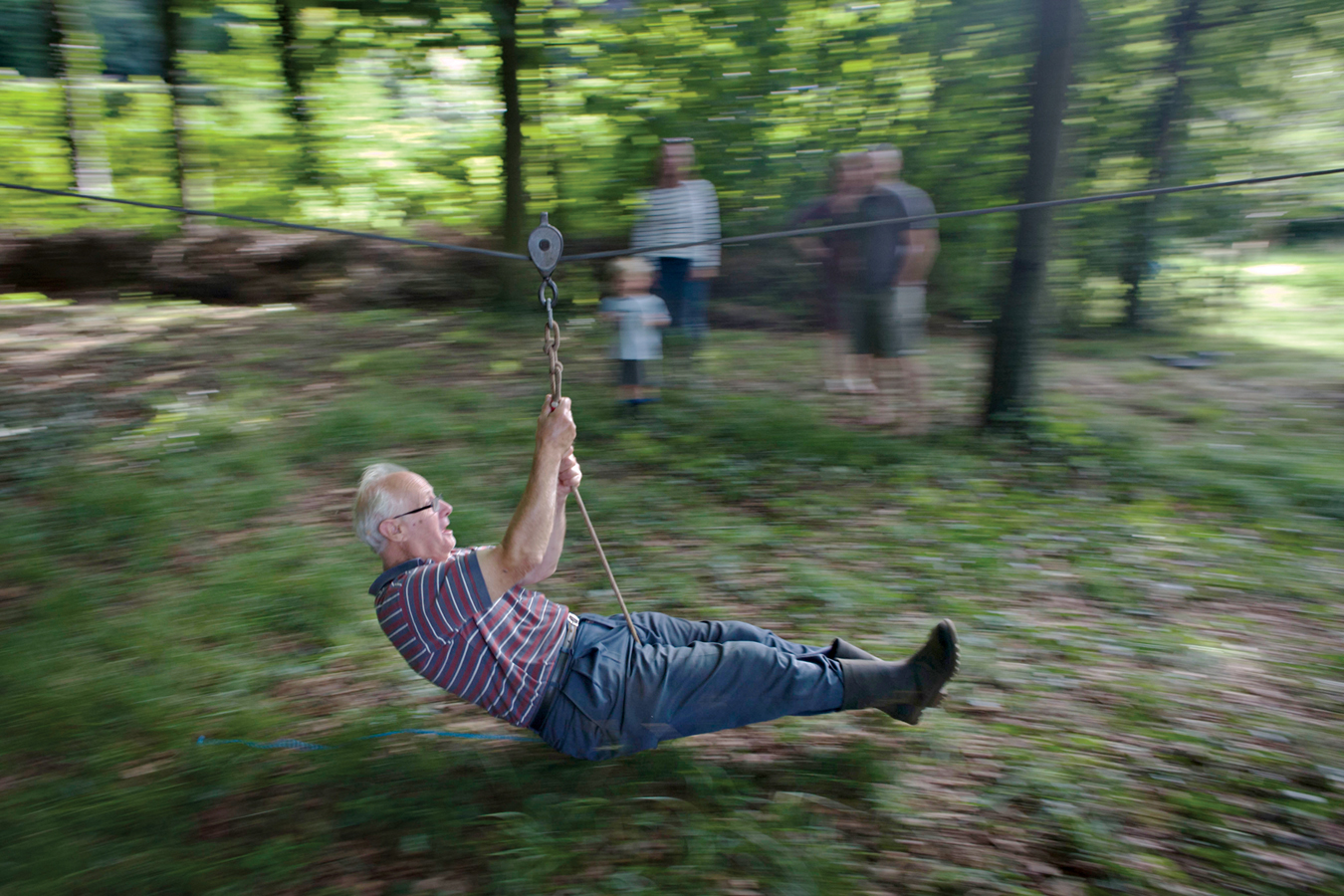
It is possible that “older adults … understand who they are in a newly emerging stage of life, discovering the wisdom that they have to offer” (Bateson, 2011, p. 9). A massive international survey of 26 nations from every corner of the world found that most people everywhere agree that wisdom is a characteristic of the elderly (Löckenhoff et al., 2009).
Contrary to these wishes and opinions, most objective research finds that wisdom does not necessarily increase with age. Starting at age 25 or so, some adults of every age are wise, but most, even at age 80, are not (Staudinger & Glück, 2011).
An underlying research quandary is that a universal definition of wisdom is elusive: Each culture and each cohort has its own concept, with fools sometimes seeming wise (as happens in some of Shakespeare’s plays) and those who are supposed to be wise sometimes acting foolishly (provide your own examples). Older and younger adults differ in how they make decisions; one interpretation of these differences is that the older adults are wiser, but not every younger adult would agree (Worthy et al., 2011).
One summary describes wisdom as an “expert knowledge system dealing with the conduct and understanding of life” (P. B. Baltes & Smith, 2008, p. 58). Several factors just mentioned, including self-
If this is true, the elderly may have an advantage in developing wisdom, particularly if they have: (1) dedicated their lives to the “understanding of life,” (2) learned from their experiences, and (3) become more mature and integrated (Ardelt, 2011, p. 283). That may be why popes and Supreme Court judges are usually quite old.
As two psychologists explain:
Wisdom is one domain in which some older individuals excel…. [They have] a combination of psychosocial characteristics and life history factors, including openness to experience, generativity, cognitive style, contact with excellent mentors, and some exposure to structured and critical life experiences.
[P. B. Baltes & Smith, 2008, p. 60]
These researchers posed life dilemmas to adults of various ages and asked others (who had no clue as to how old the participants were) to judge whether the responses were wise. They found that wisdom is rare at any age, but, unlike physical strength and cognitive quickness, wisdom does not fade with maturity. Thus, some people of every age were judged as wise.
Similarly, the author of a detailed longitudinal study of 814 people concludes that wisdom is not reserved for the old, and yet humor, perspective, and altruism increase over the decades, gradually making people wiser. He then wrote:
To be wise about wisdom we need to accept that wisdom does—
[Vaillant, 2002, p. 256]
SUMMING UP
Many older adults continue to learn and grow, and studies have shown that training can reverse cognitive losses. On balance, mental processes are adaptive and creative, as people seek integrity and self-
VISUALIZING DEVELOPMENT
Neurocognitive Disorders in Late Adulthood
While neurocognitive disorders like Alzheimer disease are common in later adulthood, they aren’t an inevitable part of aging. But these diseases are now the biggest cause of disability in developed countries and are growing in prevalence around the world. The different types of neurocognitive disorders differ in their biological origins (some are strongly genetic, like Huntington’s disease; others, like Parkinson’s disease, may have environmental risk factors) and in their underlying brain pathology. Common types of neurocognitive disorder include Alzheimer disease, NCD with Lewy bodies (which may cause up to 30 percent of NCDs in older adults), vascular neurocognitive disorder (cognitive loss caused by a cerebrovascular event such as a stroke, vascular disease), Parkinson’s disease, and Huntington’s disease.
